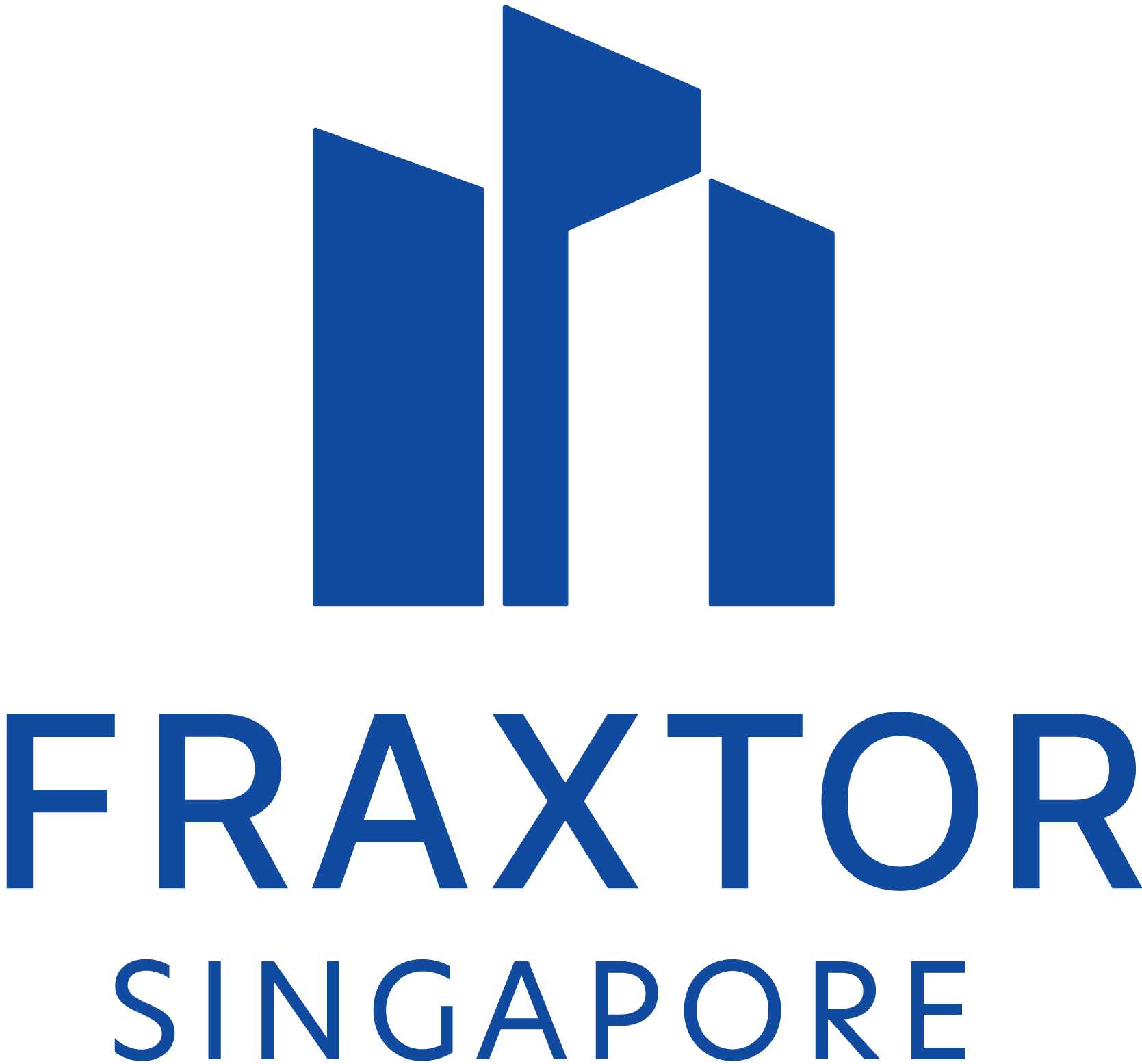
Asia Pacific’s Blockchain Hub – Is Singapore befitting of that title?
As cryptocurrencies become increasingly popular around the world, so does the technology behind it too – blockchain. From typewriters to computers, cell phones to smartphones, blockchain will be the next evolution in technology. Firms that fail to adapt to this changing environment will ultimately find themselves in last place as the pace picks up. Blockchain adds tremendous value to a company’s system, from smart contracts to fractionalisation. Singapore recognised the strengths of blockchain at an earlier stage and has since implemented public frameworks to leverage its advantages. Private firms have also adopted the technology to create new sectors of business and improve on current workflows.
The Monetary Authority of Singapore (MAS) has been an early supporter of blockchain, evident when they took a forward-looking strategy and created the FinTech Regulatory Sandbox. Essentially, the Sandbox framework encourages innovation of financial technology in a regulatory environment. Many start-ups who participated in the Sandbox created products that ultimately relied on blockchain technology as the basis of their financial product. MAS has also launched Project Ubin, a multi-year multi-phase project that will explore the use of blockchain and Distributed Ledger Technology (DLT) for cleaning and settlement of payments and securities. The goal for this project is to develop alternatives to today’s financial systems based on central bank issued digital tokens, solving challenges faced by the financial industry and blockchain ecosystem with each phase.
Launched on 31 May 2022, MAS’ asset tokenisation project – Project Guardian, is set to explore the tokenisation of financial assets and learn about the benefits of decentralised finance. There will be four main areas covered including enabling digital securities to be traded across platforms like digital exchanges and examining the tokenisation of deposits. The first industrial pilot, led by DBS Bank, JP Morgan and Marketnode, is set to explore secured borrowing and lending on a public blockchain through the execution of smart contracts.
Apart from the financial sector, blockchain has also been employed in the trading industry. The Info-communications and Media Development Authority (IMDA), together with the Maritime and Port Authority of Singapore have introduced the Trade Trust project. This project, supported by Singapore Customs and Singapore Shipping Association, has accelerated the digitisation of paper-based trade documents using blockchain. The goal is to reduce inefficiencies and complexities of cross border trade, thus increasing productivity and decreasing spending on administrative work.
In the private sector, many companies and entities have begun utilising blockchain as the basis of their work processes outside of decentralised finance and financial applications.
It was reported by Hackernoon that as early as February 2019, there were already 634 blockchain-enabled companies incorporated in Singapore with a combined market cap of approximately $8.3 billion.
As the world evolves into a technology-forward phrase, blockchain will no doubt play an important and crucial role in the development of numerous industries, as such, Singapore has taken the right steps to adopt and adapt this technology at such an early stage. This will certainly solidify Singapore’s foothold as a blockchain hub in the Asia Pacific area.
Sign up to our newsletter
Sign up for our newsletter to stay in touch with global real estate news and opportunities!
By signing up, you acknowledge that you have read and agreed to our privacy policy.

